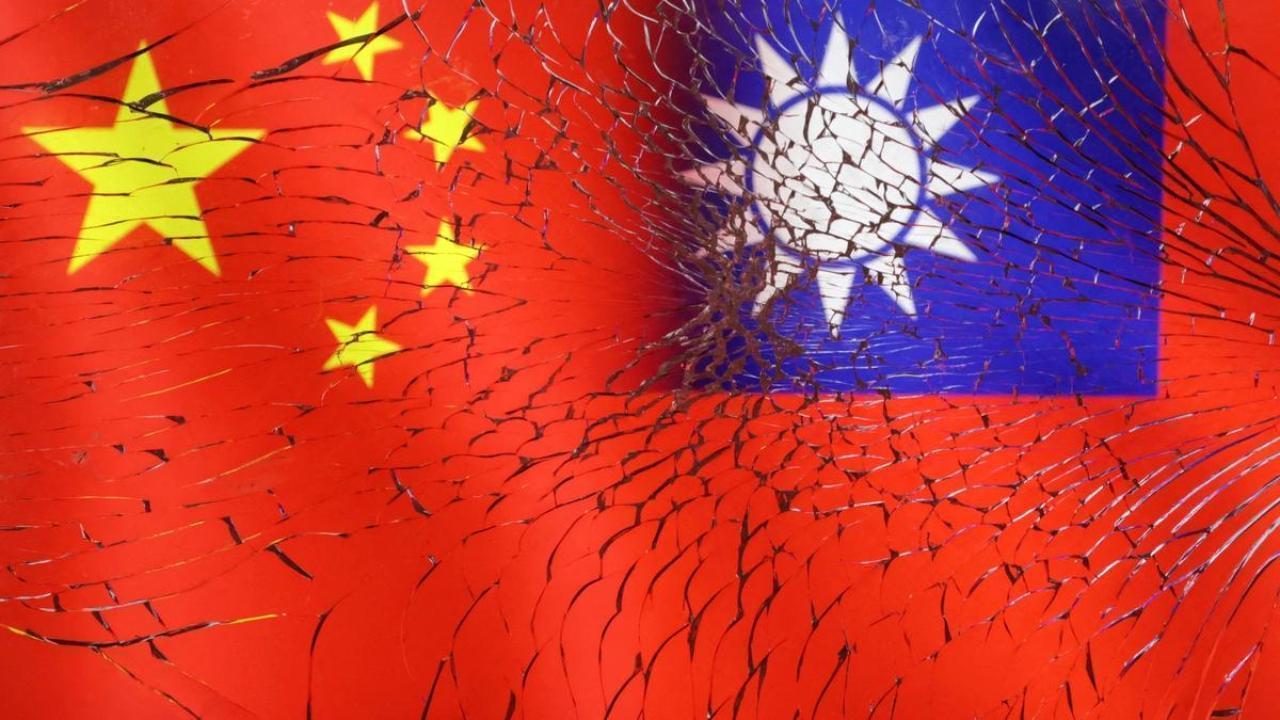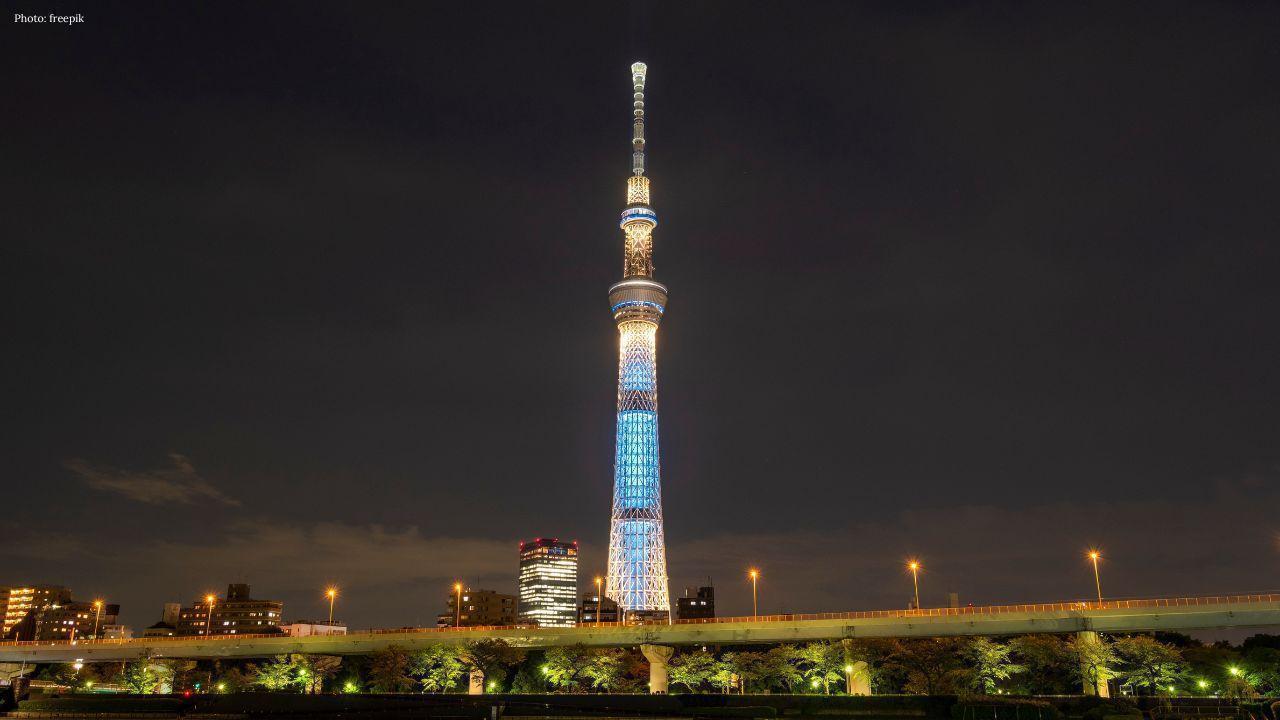You have not yet added any article to your bookmarks!

Join 10k+ people to get notified about new posts, news and tips.
Do not worry we don't spam!

Post by : Anis Farhan
Photo: Reuters
Recent research by cybersecurity firm Proofpoint reveals an intensifying cyber-espionage campaign orchestrated by China-linked hacking groups against Taiwan’s semiconductor industry, including key chipmakers and associated financial analysts. These operations, primarily conducted between March and June 2025, underscore a high-stakes battle unfolding on both technological and geopolitical fronts.
At least three distinct hacking groups—not previously linked to this sector—have been implicated in targeting 15–20 organizations, comprising smaller supply-chain firms, multinational banks, and global tech giants. Targets include major semiconductor players such as TSMC, MediaTek, UMC, Nanya, and RealTek, though it remains unconfirmed whether any successful breaches occurred.
Analysts say these attacks have intensified amid U.S. efforts to curb China’s access to advanced chip technologies—chips often produced in Taiwan and crucial for artificial intelligence applications. With export restrictions tightening, the Chinese semiconductor sector is racing to fill technological gaps—making Taiwan's proprietary designs and manufacturing data particularly valuable.
The hackers employed targeted spear-phishing campaigns and masqueraded as legitimate entities to infiltrate organizations. For example:
One approach involved hijacking accounts from Taiwanese university staff to send malicious PDFs or password-protected archives containing malware. These emails were crafted to appear as legitimate job applications or research inquiries.
Another campaign impersonated investment firm representatives, sending up to 80 emails per company to analysts at U.S.-based banks. These emails aimed to steal sensitive financial and market intelligence tied to Taiwan’s semiconductor outlook.
Despite these efforts, Taiwanese cybersecurity firm TeamT5 categorizes the threat as “persistent but not widespread,” flagging attacks against peripheral suppliers and niche role players rather than full-scale assaults on industry giants.
This wave of attacks is consistent with a growing trend: cyber-attacks from Chinese-linked actors surged globally in 2024, with CrowdStrike reporting a 150% uptick in intrusions year-over-year. China-nexus groups were also seen refining tactics, amassing “stealthier” toolkits and pre-positioning inside critical networks—strategic preparatory moves, possibly aimed at information gathering during potential cross-strait tensions.
Taiwan itself documented record-breaking volumes of cyber assaults last year—an average of 2.4 million daily attacks in 2024, double the rate of 2023. These ranged from DDoS assaults aligned with Chinese military drills to broad targeting of telecom, transportation, defense, and tech sectors.
Cyber defense expert agencies have also pointed to evolving tactics: from backdoors and remote access Trojans to social engineering that manipulates users into exposing credentials. This evolving cyber warfare environment takes a psychological as well as technological toll, positioning Taiwan as a front-line in “grey-zone” conflict strategies .
Taiwan has responded proactively: amending its National Security Act, restricting foreign investment in critical industries, and bolstering cybersecurity policies. Taiwanese authorities also collaborate with allies—including the U.S. Cybersecurity and Infrastructure Security Agency (CISA) and Japan’s NISC—to share intelligence, coordinate responses, and tighten cyber defenses.
The semiconductor sector—the world’s backbone of cutting-edge electronics—falls squarely into Taiwan’s strategic domain. TSMC alone accounts for over 60% of global semiconductor manufacturing. As one major hub, compromising its ecosystem could ripple across global supply chains.
China’s embassy in Washington responded to the allegations by rejecting them, stating that cyberattacks are a universal threat and asserting China’s firm opposition to such practices. The message framed the accusations as hypocritical unless others scrutinized their own cyber conduct.
Interestingly, weeks earlier, China had issued its own bounty on alleged Taiwanese hackers accused of targeting Chinese critical infrastructure. Taiwan, in turn, denied wrongdoing and accused China of using such claims as a diversion from its cyber activities.
These cyber intrusions emerge at a tense geopolitical crossroads:
Technological Race – China’s goal to reduce dependence on Western-designed chips has driven cyber espionage practices targeting Taiwan’s advanced semiconductor knowledge
Information Warfare – Digital sabotage and espionage precede any overt conflict, potentially weakening Taiwan’s IT infrastructure during moments of military tension.
Global Cyber Norms – The legal ambiguity surrounding attribution, cross-border investigations, and international cyber norms complicates legal accountability and collective defense.
Taiwanese chipmakers and the global tech ecosystem now face heightened cyber risk. Proofpoint's revelation points to an escalation: China-linked cyber actors are not simply exploiting legacy weaknesses—they’ve evolved into persistent, intelligent operatives focused on strategic intelligence gathering.
Taiwan's multifront strategy—legal reform, public-private alliances, regional intelligence-sharing, and advanced defensive technologies—positions it well. Yet, defending such a critical industrial chokepoint will require sustained investment, innovation, and ongoing command of both cyber and geopolitical strategy.
As these tensions evolve, Taiwan’s chip industry stands at the intersection of tech innovation and national security, wielding profound influence over global supply chains, geopolitical stability, and the architecture of cyber conflict.










Hiroshima Teacher Arrested for Alleged Sexual Assault of Minor
A 37-year-old high school teacher in Hiroshima was arrested on suspicion of sexually assaulting a te

Tokyo Skytree Reopens After Elevator Malfunction Suspension
Tokyo Skytree resumed operations after a three-day closure caused by an elevator failure that trappe

Skiers Rescue Man Buried Under Snow at California Resort
A dramatic rescue at Palisades Tahoe shows two skiers saving a man suffocating under deep snow durin

Sri Lanka Ex-Intel Chief Arrested Over Easter Attacks
Former SIS Chief Suresh Sallay arrested by CID in connection with the 2019 Easter Sunday bombings th

Japan Reports Spike in Measles Cases Authorities Issue Alert
Japan confirms 43 measles cases in early 2026, prompting health authorities to warn potential contac

Korea US Clash Over West Sea Drill Communication
Conflicting accounts emerge on prior notice briefing, and apology during Feb 18-19 US air exercise i